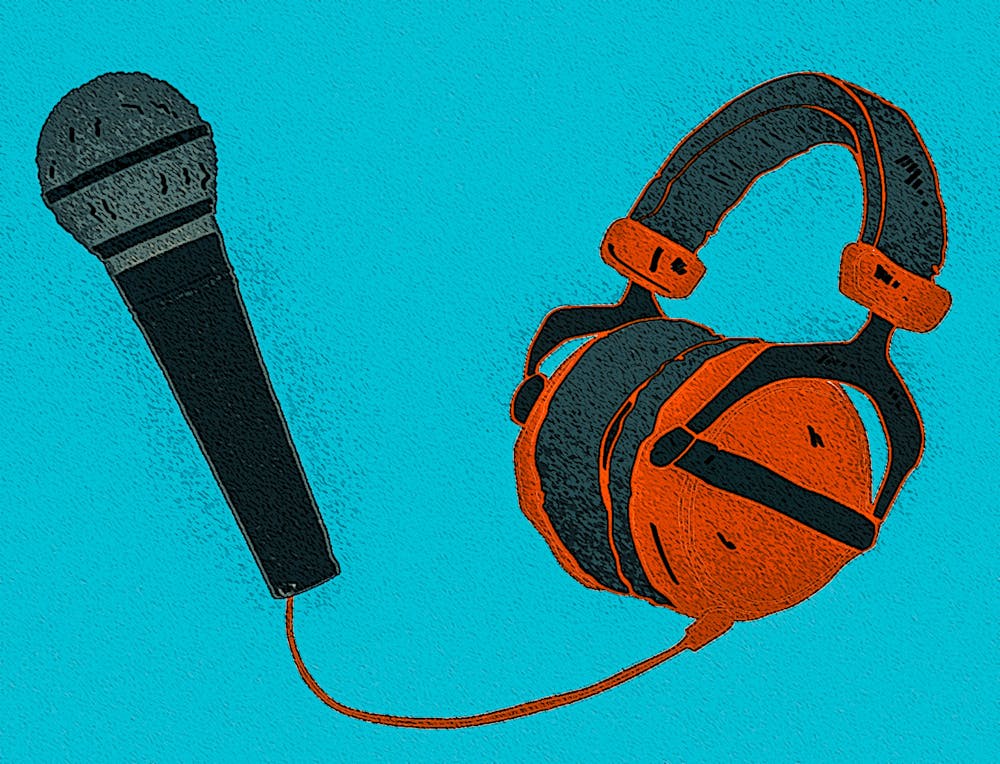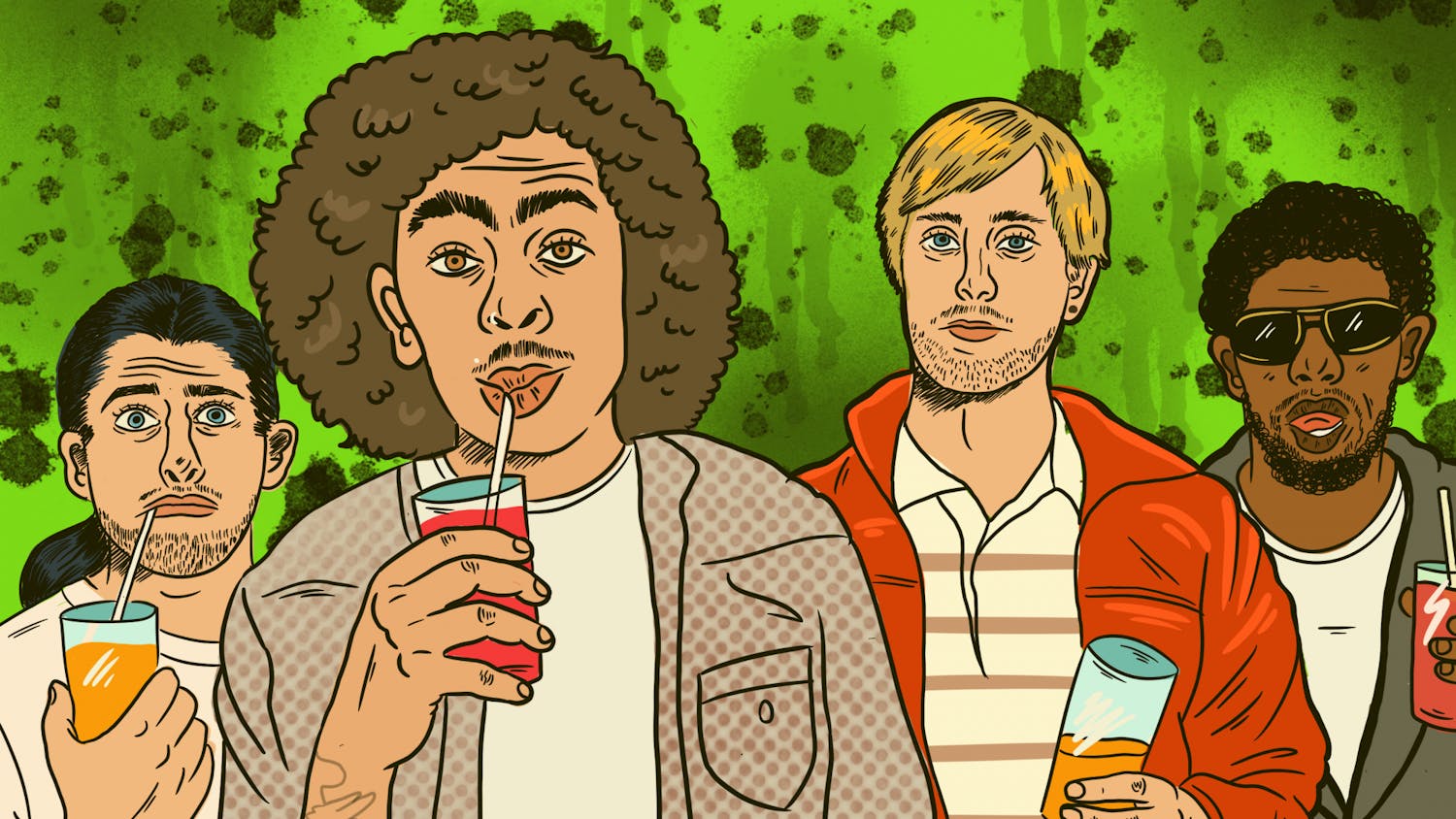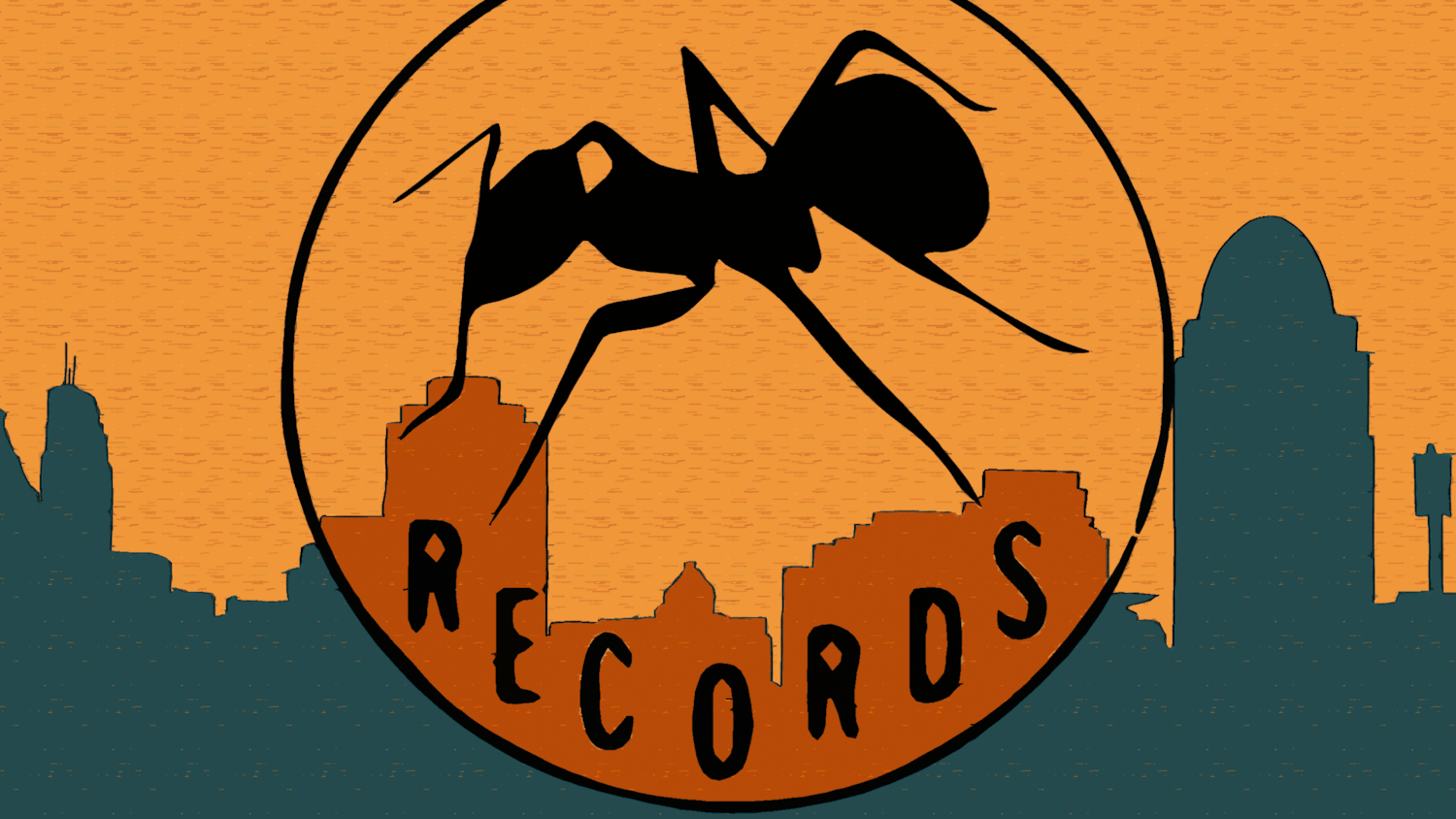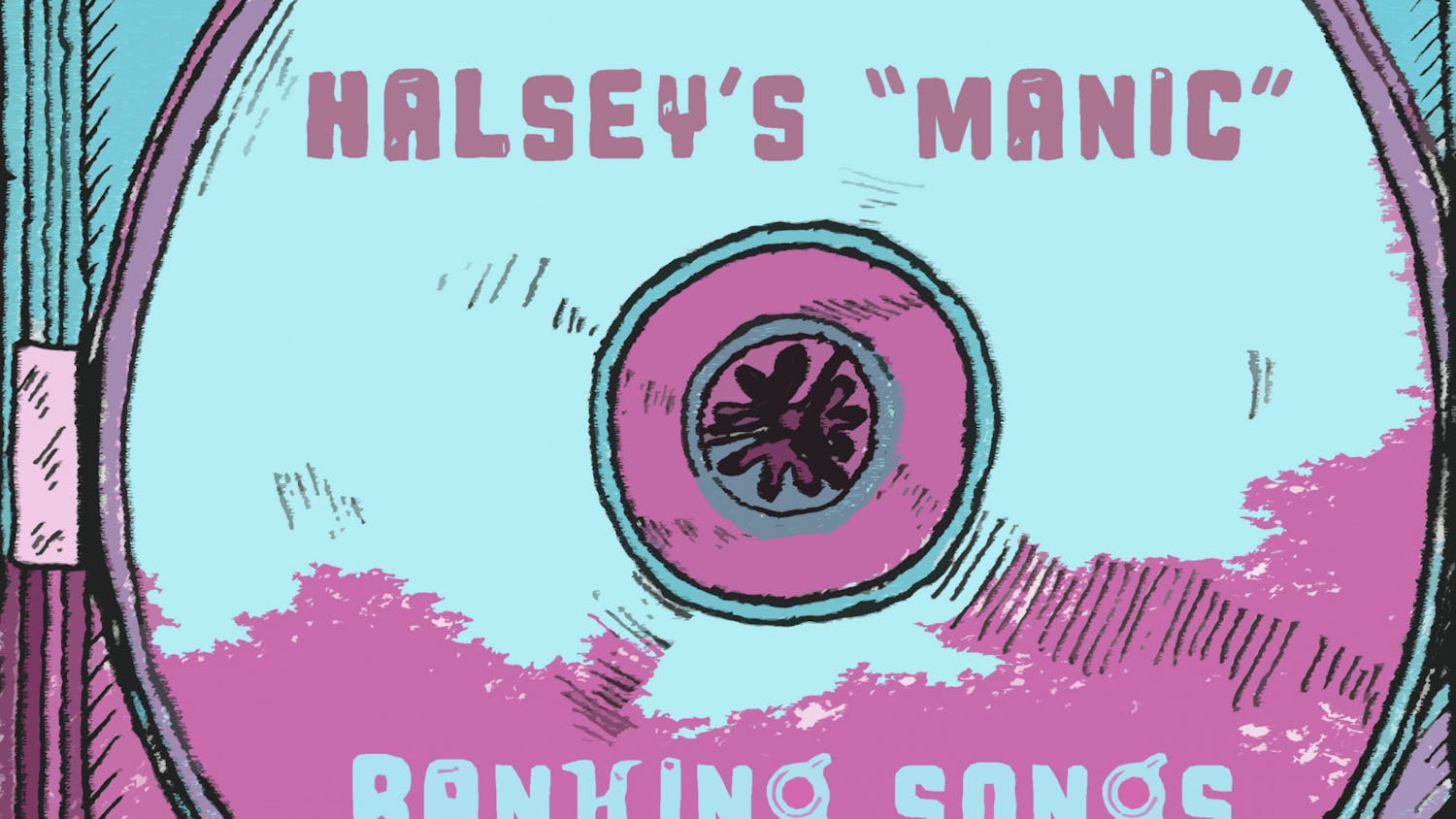As the Bandcamp description for Apollo Brown and Raheem DeVaughn's "Lovesick" puts it, “Soul is more than a sound. It is a timeless idea and an immortal condition … Hip-Hop isn't soul, but it's the most fundamental component of its DNA. R&B is the genre, but soul is the yearning, the lust, the regret."
You can sample Sade and Marvin Gaye a million times over and have anyone spit another 16 bars over it, but why is there such a compulsion – an obligation, to some – to go back to the roots of hip-hop and contribute to the genre that bred it? While there would be no hip-hop without soul, it is far more than its descendants, as they are intertwined by much greater than just the beat makers. It's a century of cultures manifesting in two sounds: sometimes very different and sometimes very close.
For example, scat singing is found across many traditionally African American genres, and R&B artists as far back as Rick James have worked with rappers due to their cultural and musical similarities. Notably, Teddy Riley, of the group Guy, pioneered New Jack Swing, a subgenre of R&B that welcomed more percussive delivery and thus opened the doors for hip-hop and R&B to mesh. For that reason, their self-titled 1988 album remains both nostalgic in style and ahead of its time sonically. From that era on, the '90s would find many hip-hop producers universally acknowledged as among the greats to cross over to neo-soul and pop.
DJ Premier and J Dilla, possibly the most commonly cited legends in hip-hop production, were intertwined in the Soulquarians movement, a collective of rappers and singers with a jazzy aesthetic and deeply thoughtful, spiritual themes. While DJ Premier had credits on D'Angelo's illustrious 2000 album "Voodoo," Dilla would produce Erykah Badu's "Didn't Cha Know", one of the most iconic samples in either genre. He was even a professed influence to superstar Janet Jackson's "The Velvet Rope," helping to establish her smoothest, most classical-sounding work and securing a remix of "Got 'til It's Gone." Many would argue that no producer embodied soul and hip-hop's heritage better than the late great Jay Dee.
Even bigger names such as Pharrell Williams (as part of The Neptunes) and Timbaland enjoyed great success when working outside of rap, having produced entire albums worth of material for artists like Kelis, Aaliyah and Ginuwine – namely the hits "Milkshake" and "Pony." While Jermaine Dupri remains hip-hop royalty in Atlanta, his most notable work is really with Usher, Xscape and even Mariah Carey. Bad Boy Records famously assembled a superteam of in-house producers who worked with everyone from The Notorious B.I.G., Ma$e and of course Puff Daddy, to Faith Evans and much of Mary J. Blige's classic "My Life" album.
Though they go underappreciated today, Irv Gotti and Murder Inc. Records ran New York in the early 2000s; though their frontman Ja Rule often brought gritty street raps a la DMX and Jay-Z, Gotti was able to pull off both that sound and massive hits with Ashanti and Jennifer Lopez. Meanwhile, in the South, Organized Noize could one day produce seminal albums with Outkast, and the next, an anthem like TLC's "Waterfalls."
More recently, Knxwledge has solidified himself as one of the best producers of the 2010s with many instrumental and remix projects that pastiche hip-hop with jazz, R&B and other genres, his most popular work being a collaborative album with Anderson.Paak. Even now in 2023, Hit-Boy is bolstering his resume – having done full projects with everyone from Nas to SOB x RBE to Benny the Butcher. He released a new project, "Victims & Villains," with Musiq Soulchild out of left field.
As you can see, this has been a common pattern and tradition throughout hip-hop history; but what exactly influences a producer to make this creative shift? For one thing, the genres obviously have so much in common, both culturally and musically.
R&B is one of hip-hop's many building blocks, famously based on the blending and manipulation of many genres before it. In fact, hip-hop began by simply looping the most danceable drums from old funk and soul records, growing today into a much more complex and diverse sampling system. They are both traditionally African American art forms, sharing social backgrounds and goals (often showing opposite extremes, from the sweet and nostalgic to the revolutionary and dejected).
On a more individual level, hip-hop producers are students of more than one genre. They often grew up hearing soul and, throughout their careers, have studied it, spending countless hours combing through vinyl crates and chopping up classics. How could Madlib, for example, be the artist he is without a deep appreciation, knowledge and history of jazz and soul? In many cases, the producer simply pays tribute, consciously or not, to the genre that has birthed their own profession and that they have grown to love.
Some hip-hop producers currently on the cusp of legend status could greatly benefit from a crossover. While The Alchemist is almost undisputedly the best in modern boom-bap, a full R&B album would surprise listeners and round out his discography nicely. Metro Boomin's name holds similar weight in trap music, but recent hits like "Creepin" and "Heartless" prove an album by him and The Weeknd has classic potential.
On that note, there are still plenty of other legendary hip-hop producers who were not mentioned or who haven't done much melodic music, whether it be out of disinterest or their style not being conducive to it. This does not detract from their status. Still, the ability to crossover is a notch in some belts, viewed as a sign of versatility and appreciation for the music's history.
cw737817@ohio.edu






